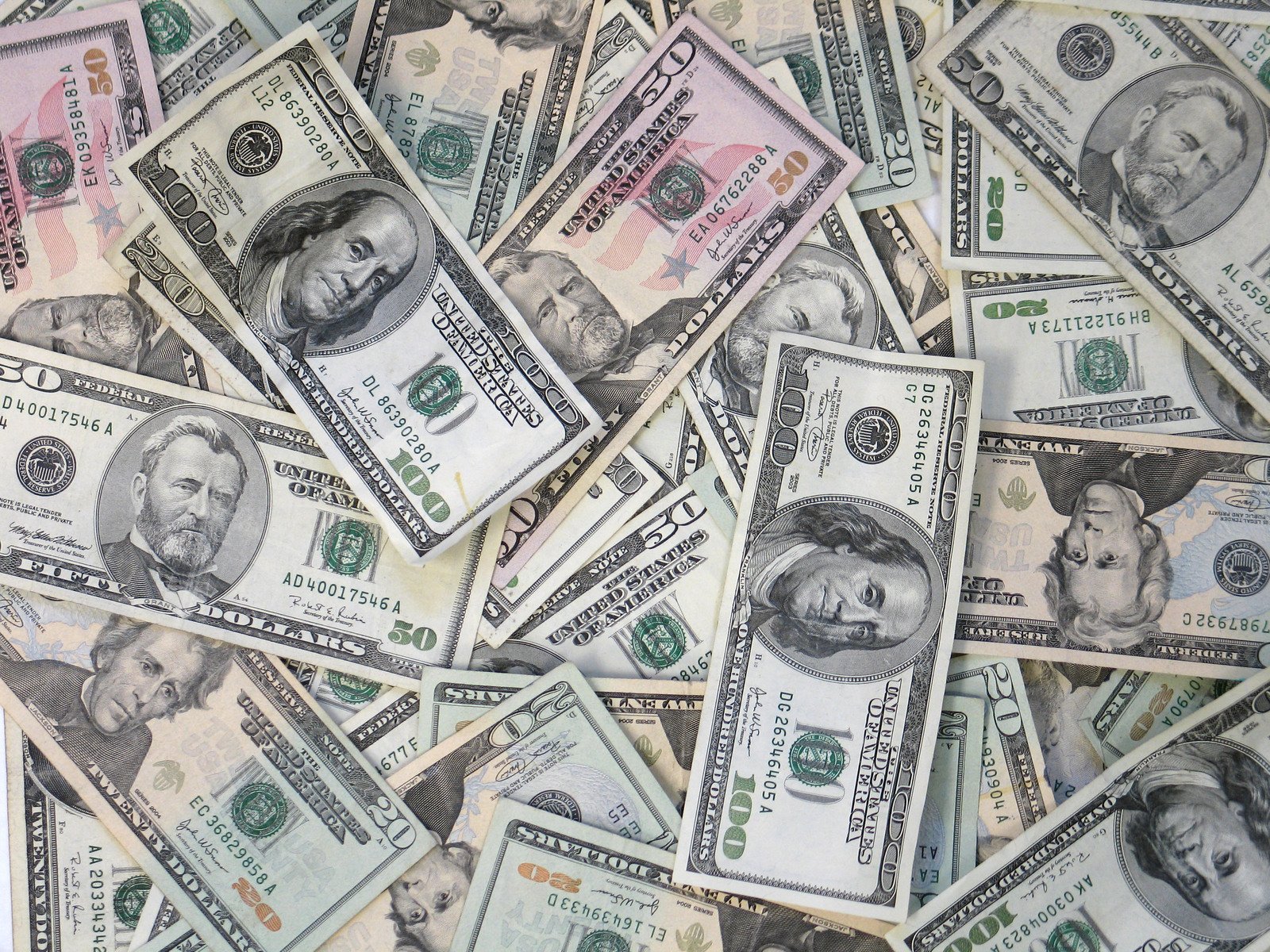Is there money in podcasting? In a word, yes.
A new study out this week from the Interactive Advertising Bureau (IAB) shows remarkable growth in the podcast space.
Among self-reporting podcasters, revenue grew from $119 million in Fiscal Year 2016 to $257 million in Fiscal Year 2017 a growth of 117%.
In terms of overall industry growth, the total US podcasting market has grown from $169 million to $314 million in the same time period, an 86% growth.
This more comprehensive indicator of podcast revenue is expected to double again, reaching $659 million by 2020.
That’s a lot of numbers. Let’s look at facts. Podcast listening is exploding, thanks to several factors, including:
- Smart Speakers Like Google Home and Amazon Echo, aka Alexa.
- Smartphone capability in cars with Apple CarPlay and Android Auto
- The vast amount of content available thanks to a low barrier of entry for podcasters.
- More Americans have heard of a podcast than can name the current Vice President.
- Listeners’ fatigue with terrestrial radio. With some exceptions, several large companies own most U.S. stations, and have homogenized the content and removed personality.
That last point is important. Local radio was able to survive the advent of television, the Internet, and more thanks to its intimate connection with its audience. When you’re in the car, it’s just you and the DJ. And that personality can paint a picture in your mind’s eye, unlike television. Some hosts still wield that power. Those that don’t are being replaced by podcasts.
It’s this opportunity to create an intimate relationship with a captive audience that makes podcasts to valuable to content producers and their employers. If someone is listening to your podcast, they’ve sought out your content. This is true of mass appeal shows like The Daily from The New York Times, as well as niche audiences like Four Finger Discount, which dedicates each show to breaking down one episode of The Simpsons. As of this writing, the cartoon has aired 639 episodes, so those podcasters have some catching up to do.
Four out of five podcast listeners consume all, or almost all of the show. This differs from radio, where impatient listeners are incessantly punching their presets in the car. Sure, podcast listeners enjoy multiple shows, but they often consume them one at a time. You don’t have to resort to old “keep them listening” radio tactics such “We’ve got your shot at $1,000 coming up in 7 minutes!”
One area where podcasts have learned from radio is the “endorsement.” Per the IAB study, “host reads” make up 2/3 of all podcast advertising. This makes sense when you think about it. Listeners are coming to podcasts because they trust the hosts and the material they present. Thus, the hosts of Pod Save America, even if laughing, are more effective ambassadors when reading copy for Ziprecruiter than a voice-over announcer would be.
Here’s the rub. You’re not going to make money out of the gate with podcasts. Sure, you might get lucky and go viral, shoot up the Apple Podcasts charts, get shares from social media giants, or be a talented salesperson who could sell snow to an Eskimo. But the more likely revenue path is to be patient and focus on quality.
The podcast barrier to entry is extremely low. Theoretically, you could create a podcast with just an iPhone and its own internal microphone. Think about this, though. Remember when YouTube started? We’d watch anything! Live videos on the computer – so cool, right? As the tech improved and the competition grew, however, our tastes became a bit more discerning. All of a sudden we lacked patience for low resolution or shaky videos. Soon we started losing interest in anything that wasn’t HD quality. Now, there are YouTube videos with better production value than some television shows.
The same trend is taking shape in podcasting. Sure, your cousin Joey is naturally hilarious, and his podcast of walking around the street was compelling, at least for awhile. However, if you want to be taken seriously, especially by advertisers, you’d better sound like you know what you’re doing.
If you have the financial means and can commit several thousand dollars to recording equipment and a studio, that’s great. But you need to plan on investing at least a few hundred dollars to launch a quality show. Some costs you’ll need to consider:
- Microphones
- A recorder
- A hosting platform
- A produced intro and outro (you CANNOT use just any music in a podcast)
- Editing software or a freelance editor who can cut and mix the audio for you
That’s where I come in. If you want your podcast to sound professional enough to sell to advertisers, you need a professional. I worked in the radio industry for 15 years and had to edit on-air quality audio daily. Since then, I’ve been in the podcast space. If you’re interested in my help, I can help you conceptualize and launch your show, and I can edit for you as well. Drop me a note via my contact form here.

